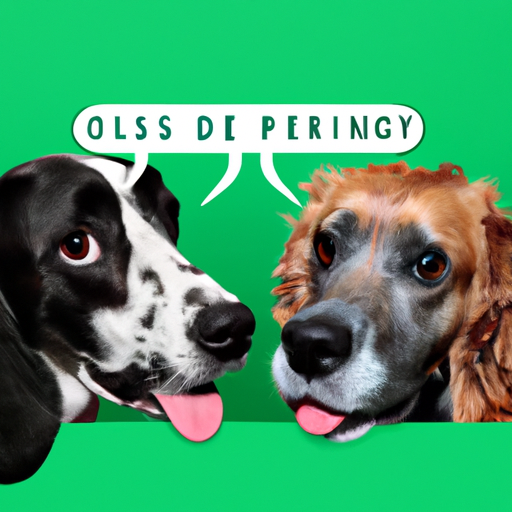Understanding canine behavior is essential for any caregiver. If you’ve noticed your pet dog frequently licking the face of another dog, you might be wondering about the reasons behind this behavior. This article aims to provide you with a comprehensive insight into this intriguing facet of dog communication.
H2: Understanding Dog Communication
Dogs communicate through a variety of means such as vocalization, body language, and even specific behaviors like face licking. This form of interaction is not just a simple act of affection, but can signify various emotions and intentions.
- Submission: Dogs often use face licking to express submissiveness to a more dominant dog.
- Affection: It can also be a simple show of affection, similar to how humans express love and care.
- Communication: Dogs can use face licking to gather information about the other dog’s health or mood.
H2: The Social Dynamics of Face Licking
Face licking is deeply rooted in the social dynamics of canines. It’s a behavior seen in wolves, the ancestors of domestic dogs. On observing closely, you will see that:
- Puppies lick the faces of their mother to stimulate regurgitation, providing them with their first taste of solid food.
- Lower-ranking wolves lick the faces of higher-ranking wolves as a sign of respect and submission.
H2: Reading Between the Licks
The frequency and context of face licking can provide valuable insights into your dog’s wellbeing. For instance, excessive face licking can reveal stress or anxiety. Similarly, a sudden change in this behavior can indicate health issues.
| Behavior | Possible Meaning |
|---|---|
| Frequent face licking | Anxiety, Stress |
| Sudden change in licking behavior | Health issues |
H2: When to Be Concerned
While face licking is a normal behavior, there are instances when it might require your attention. If the licking appears obsessive or is causing irritation to the other dog, it could be a sign of a behavioral or medical issue. In such cases, professional help from a vet or dog behaviorist may be necessary.
H2: Encouraging Positive Interactions
As a caregiver, it’s your job to ensure that your pets are interacting positively. If face licking is causing discomfort to any of the dogs, try to redirect the behavior. Use distractions like toys or treats, and reward your dog for positive interactions that don’t involve face licking.
FAQ
Q1: Is face licking a sign of dominance in dogs?
No, it’s usually a sign of submission or affection.
Q2: Should I stop my dog from licking other dogs’ faces?
Not unless it’s causing discomfort to the other dog or becoming obsessive.
Q3: Can face licking be a sign of health issues?
Yes, sudden changes in this behavior can indicate health problems.
Q4: What should I do if my dog is excessively licking another dog’s face?
Try to redirect the behavior. If it continues, consider seeking professional help.



